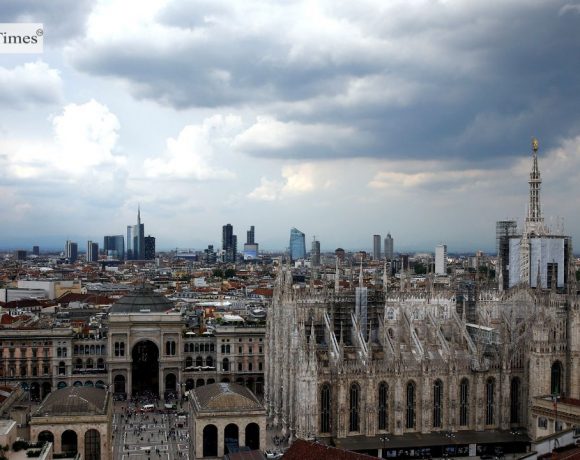
Italy’s exceptionally low inheritance tax is coming under renewed scrutiny as economists argue that the country is preserving inequality by taxing inherited wealth far less than its European peers. Inherited assets in Italy reached €243 billion in 2024—14% of GDP and the highest level since the 19th century—yet they are taxed at an average rate below 0.5%, one of the lowest globally. Analysts say this “light touch” approach restricts social mobility and reinforces generational privilege, with studies showing that most Italian billionaires inherited their wealth rather than earning it.
Economists believe higher inheritance tax revenues—Italy currently collects just €1 billion a year—could be channelled into improving education, childcare, and lower-income tax relief, boosting long-term growth. Aligning with EU averages could add nearly €6 billion to Italy’s budget. However, political resistance remains strong. Prime Minister Giorgia Meloni has firmly rejected any increase, citing ideological opposition to wealth taxes and low public trust in state services. Her government has even eased rules for wealthy families to transfer assets during their lifetimes, reducing future tax liabilities.
Italy’s overall tax structure further deepens the divide, with the richest 7% paying proportionately less tax than middle-income earners due to exemptions on property, favourable rates for the self-employed, and light taxes on financial assets. Economists argue that France and Germany demonstrate that higher inheritance taxes need not trigger capital flight or harm growth. Yet with a long tradition of anti-tax sentiment and political resistance, Italy remains unlikely to revise its inheritance tax system despite mounting evidence of its long-term economic costs.
Pic Courtesy: google/ images are subject to copyright
